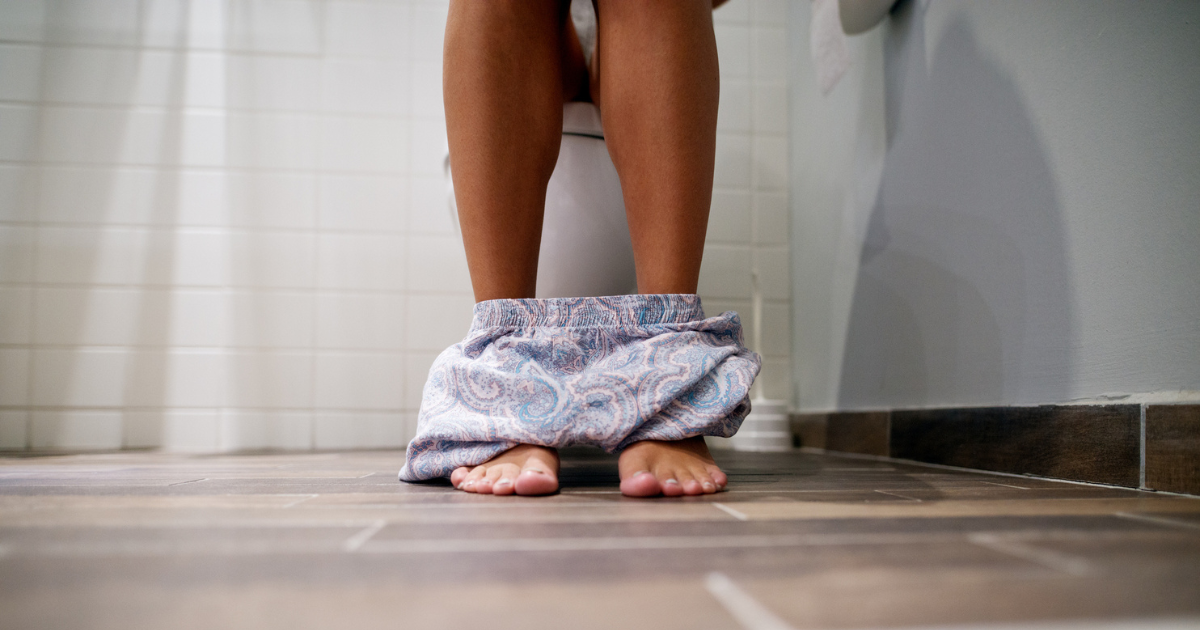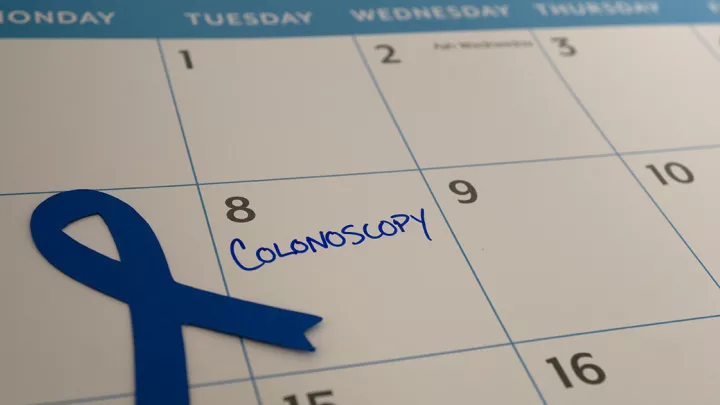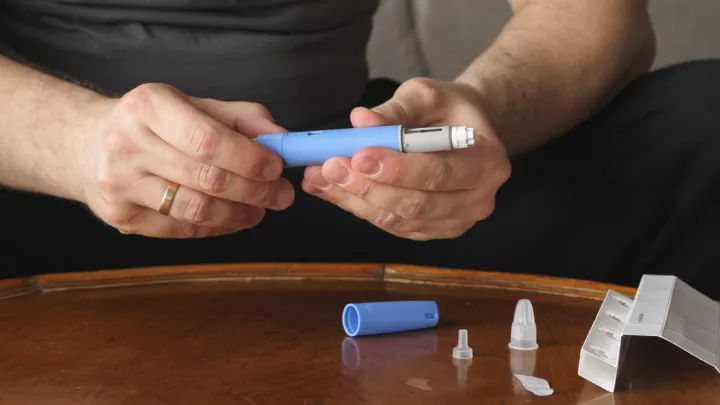What colonoscopy prep solution is best for you?

If you’ve had a colonoscopy, you know it’s not all that bad. The actual procedure takes about 15 minutes, and patients are put in a twilight sleep and remember little if anything, about the procedure.
It’s the preparation that most people dislike the most. But several new options for prep solutions are making them more palatable.
The day before a colonoscopy, you are required to avoid solid foods. Late afternoon you will begin drinking a prep solution to thoroughly cleanse the colon before the colonoscopy procedure and then again four to five hours before the procedure. Traditional solutions such as GoLYTELY® and NuLYTELY® include polyethylene glycol (PEG), electrolytes and sodium sulfate. A powder is mixed with water or a clear fluid of your choice and requires you to drink up to 4 liters of fluid over a 12 to 15-hour period.
“People often don’t like these preps because of their salty taste and the large volume of fluid that must be ingested,” says Derrick Eichele, MD, Nebraska Medicine gastroenterologist.
Several alternative solutions use formulas that don’t require large fluid consumption or may not have a salty taste. Two tablet-based formulas, OsmoPrep® and the more recent Sutab®, also received FDA approval in 2021.
“The biggest drawbacks to these alternative solutions are cost and potential side effects,” says Dr. Eichele. “Several preps, including the new tablet Sutab®, may cause potential electrolyte complications that preclude some patients from using these formulas.
The other drawback is that they may not be covered by your insurance, especially the newer preps. Always check with your insurance provider first. They can let you know what preps will be covered and which may require out-of-pocket expenses.
“If the potential risk factors are not an issue and your doctor approves of the product you prefer, my philosophy is that right prep is whichever FDA-approved solution the patient prefers that ensures they follow the prep procedure,” Dr. Eichele says.
Here are the primary colonoscopy preparations on the market and their pros and cons:
Standard PEG-based preps
GaviLyte-C
- Contains polyethylene glycol and sodium sulfate, causing a salty taste
- Requires ingesting 4 liters of fluid
- Covered by most insurance
- Cost averages in the $10 to $25 range
GoLYTELY®
- Contains polyethylene glycol and sodium sulfate, causing a salty taste
- Requires ingesting 4 liters of fluid
- Covered by insurance
- Cost averages in the $10 to $25 range
GaviLyte-G
- Contains sodium sulfate causing a salty taste
- Requires ingesting 4 liters of fluid
- Covered by insurance
- Cost averages in the $10 to $25 range
NuLYTELY, TriLyte®, GaviLyte-N
- Does not contain sodium sulfate for a less salty taste
- Requires ingesting 4 liters of fluid
- Covered by insurance
- Cost averages in the $19 to $25 range
Low-volume PEG-based preps
MoviPrep®
- May be as effective as 4-liter PEG solutions and better tolerated
- Contains sodium ascorbate and ascorbic acid, which have a citrus taste and produce a laxative effect
- May be preferred for older adults and those at increased risk of fluid and electrolyte abnormalities
- May not be covered by insurance
- May cost $100+
Plenvu®
- Often preferred for older adults and those at increased risk of fluid and electrolyte abnormalities
- Requires consuming 2 liters of fluid
- May not be covered by insurance
- May cost $100+
MiraLAX®
- Requires 2 liters of fluid
- More palatable than traditional PEG-plus electrolyte solutions
- May be less effective than 4-liter PEG-based preps due to a smaller volume
- Covered by insurance
Sodium phosphate-based preps
OsmoPrep®
- Requires swallowing 20 tabs with a total of 2 liters of fluid
- Reported as effective as PEG-based solutions
- Risk for fluid and electrolyte shifts and kidney complications
- Should be avoided by patients with heart failure, kidney issues, end-stage liver disease, electrolyte abnormalities or patients age 65 and older
- May not be covered by insurance
- May cost $240+
Sodium picosulfate-based preps
Clenpiq®
- Reported as effective as PEG-based solutions
- May cause fluid retention and electrolyte disturbances. Should be avoided in patients with heart failure, kidney issues or risk for electrolyte abnormalities
- Only requires drinking 2 liters of fluid
- Does not need to be mixed or diluted
- May not be covered by insurance
- May cost $150+
Sodium sulfate-based preps
Sutab®
- Requires ingesting tablets with 3 liters of fluid
- As effective as PEG-based solutions
- Safety in patients with heart failure, kidney issues or electrolyte abnormalities is unknown
- May not be covered by insurance
- May cost $150+
Suprep®
- Requires consuming 3 liters of fluid
- May cause mucosal damage
- May not be covered by insurance
- May cost $150+
Are you due for a screening?
Talk to your doctor about colon screening options.






